2023 Future Leaders Summit: “Responsible data science and AI”
Data science and AI are having a significant impact on society in uncountable ways, leading to huge benefits in many cases. Yet, increasingly complex analytical pipelines working with poorly understood heterogeneous data sets can give rise to harms in many ways. Furthermore, there could be deleterious systemic effects such as the magnification of disinformation or surveillance capitalism. There has been tremendous recent interest in understanding and managing these concerns. Together with thirty young scholars, the Summit will explore in-depth topics in this broad area, including, but not limited to:
- Equity and fairness, particularly in automated decision making
- Explainability of analytical results
- Reproducibility and replication of scientific results
- Systemic issues, particularly those impacting marginalized populations
- New in 2023: Responsible AI in science and engineering. MIDAS has recently established a large postdoctoral training program (the Eric and Wendy Schmidt AI in Science Postdoctoral Fellowship, a Schmidt Futures Program). With this, we are dedicated to promoting responsible data science and AI for natural sciences and engineering.
Summit Activities
- Research talks by the attendees and by leading researchers.
- Career mentoring sessions by University of Michigan faculty members, department chairs, and industry representatives.
- Networking sessions with other attendees, University of Michigan faculty and trainees, and industry representatives.
Summit Attendees
Thursday, April 13, 2023, 1:30 – 5:15 PM
Rackham Amphitheatre, 4th Floor, 915 E. Washington St. Ann Arbor
Featured Presentations

1:35 – 2:20 pm H.V. Jagadish
Director, Michigan Institute for Data Science, Edgar F Codd Distinguished University Professor, and Bernard A. Galler Professor of Computer Science and Engineering – University of Michigan
“Equity in Data Science”
Data science continues to have a transformative impact on society, by enabling evidence-based decision making, reducing costs and errors, and improving objectivity. The techniques and technologies of data science also have enormous potential for harm if they reinforce inequity or leak private information. As a result, sensitive datasets in the public and private sector are restricted from research use, slowing progress in those areas that have the most to gain: human services in the public sector. Furthermore, the misuse of data science techniques and technologies will disproportionately harm underrepresented groups across race, gender, physical ability, sexual orientation, education, and more. These data equity issues are pervasive, and represent an existential risk for the use of data-driven methods in science and engineering. In this talk, I will describe a framework to think about these issues, and some initial directions where we have made progress.
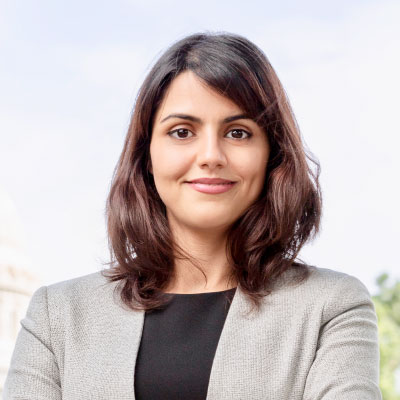
2:20 – 3:05 pm Ellie Sakhaee
Senior Program Manager, Office of Responsible AI – Microsoft
“Building a culture of Responsible AI (and what it means for researchers)”
At Microsoft, responsible AI governance is crucial to guiding our AI innovation and creating AI that warrants people’s trust. We are putting our Responsible AI principles into practice by taking a people-centered approach to the research, development, and deployment of AI. In this talk, I will talk about Microsoft’s AI principles, the building blocks of operationalizing these principles across the company and our journey to creating a culture of Responsible AI.
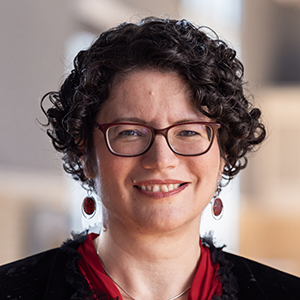
3:05 – 3:50 pm Tanya Berger-Wolf
Director, Translational Data Analytics Institute; Professor, Computer Science and Engineering, Evolution, Ecology, and Organismal Biology; and Electrical and Computer Engineering – The Ohio State University
“Human-machine partnership for conservation: AI and humans combatting extinction together”
We are losing the planet’s biodiversity at an unprecedented rate and in many cases, we do not even have the basic numbers. Photographs, taken by field scientists, tourists, citizen scientists, automated cameras, incidental photographers, and collected from social media are the most abundant source of data on wildlife today. Data science and machine learning can turn massive collections of images into high resolution information database about wildlife, enabling scientific inquiry, conservation, and policy decisions. Machine learning and artificial intelligence have advanced significantly over the past decade. Nonetheless, to successfully address biodiversity crisis and other societal challenges, we need the complementary capabilities of both humans and machines, in partnership.
I will show an example of how data-driven, AI-enabled decision process becomes trustworthy by opening a wide diversity of opportunities for participation, supporting community-building, addressing the inherent data and computational biases, and providing transparent measures of performance. The community becomes the decision-maker, and AI scales the community, as well as the puzzle of data and solutions, to the planetary scale.
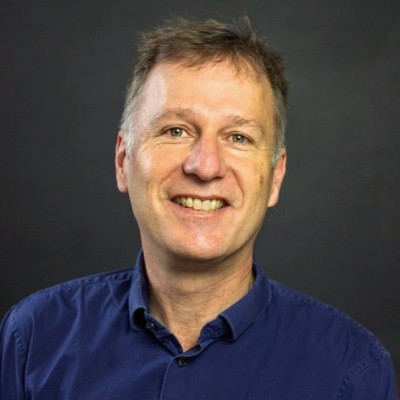
4:00 – 4:45 pm Andrew J. Connolly
Director, eScience Institute, Associate Vice Provost for Data Science, and the William P. and Ruth Gerberding University Professor – University of Washington
“From interstellar rocks to dark energy: building data science across research communities”
Over the last 10 years data science has changed the way that we approach science and research. In astronomy alone, it has impacted how we study scales as small as asteroids within our Solar System all the way to measures of the properties of the dark energy that drives the expansion of the universe. As data science becomes integral to the scientific process there are many opportunities and challenges that we face; from the development of ethical approaches to AI to how we educate a new generation of researchers to create robust and reproducible science. In this talk Professor Connolly will discuss the evolution of data science at the University of Washington including teaching data science across the campus, incubator programs to jumpstart data science research, and the impact of Data Science for Social Good programs on the local community. Taking the lens of astronomy’s approach to data science he will focus on examples of machine learning and AI that are being used to optimize the largest astronomical survey of the night sky; the Rubin Observatory’s Legacy Survey of Space and Time including searches for planet IX within the outer Solar System. Rubin will produce the largest multicolor movie of our night sky ever undertaken. Combining its petabytes of data with new approaches to data science will profoundly transform our understanding of the universe.
About the Faculty Mentors
Prominent researchers from academia and industry will serve as mentors for the attendees, offering career guidance and research insight. The 2023 mentors include:

Tanya Berger-Wolf
Director of the Translational Data Analytics Institute,
The Ohio State University

Andrew J. Connolly
Visiting Assistant Professor of Electrical Engineering and Computer Science, College of Engineering
University of Michigan

H. V. Jagadish
Professor of Computer Science and Engineering, MIDAS Director
University of Michigan
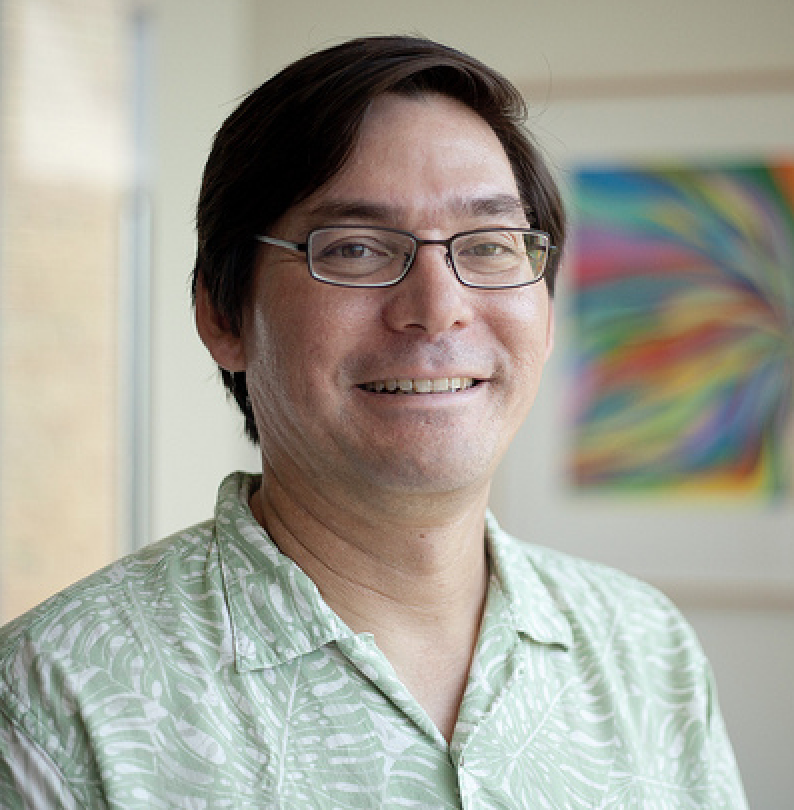
Mark Moldwin
Professor, Climate and Space Sciences and Engineering
University of Michigan
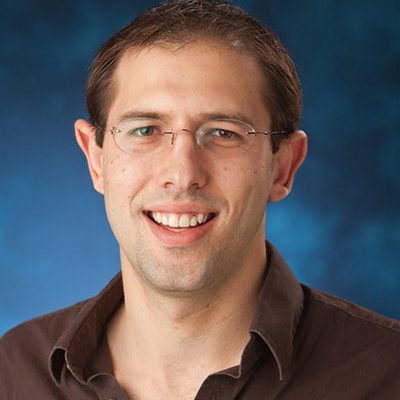
Josh Pasek
Associate Professor of Communication and Media & Political Science, MIDAS Associate Director,
University of Michigan

Ellie Sakhaee
Office of Responsible AI
Microsoft
Summit Attendees
- Fatima Ahsan, Rice University
- Abdullah Aman Tutul, Texas A&M University
- Saskia Comess, Stanford University
- Niloufar Dousti Mousavi, University of Illinois at Chicago
- Dara Farrell, University of Washington
- Ritika Giri, Northwestern University
- Victoria Granja, Rice University
- Rafal Kocielnik, California Institute of Technology
- Connor Lawless, Cornell University
- Yuanyuan Lei, Texas A&M University
- Joel E. Martinez, Harvard University
- Joseph McBride, Jackson State University
- Swapneel Mehta, New York University
- Vishwali Mhasawade, New York University
- Bernardo Modenesi, University of Michigan
- Dane Morey, The Ohio State University
- Chinasa T. Okolo, Cornell University
- Izunna Okpala, University of Cincinnati
- Evan Reynolds, University of Michigan
- Guangchun (Grant) Ruan, Massachusetts Institute of Technology
- Roshni Sahoo, Stanford University
- Saurav Sengupta, University of Virginia
- Arun Sharma, University of Minnesota
- Somya Sharma Chatterjee, University of Minnesota
- Mengyi Sun, Northwestern University
- Kshitij Tayal, University of Minnesota
- Zhanyu Wang, Purdue University
- Nan Wu, New York University
- Kelly Zhang, Harvard University
- Xingmeng Zhao, University of Texas at San Antonio
Follow-Up Sessions & News
May 23, 2023: Offered to the 2023 cohort and all Future Leaders Summit alumni, this MIDAS workshop, led by Dr. Ken Reid (Data Scientist, MIDAS), and Dr. Joshua Pasek ( Associate Professor of Communication and Media, Associate Professor of Political Science, and Associate Director, MIDAS) offered a plethora of practical insights and strategies to aid early career data science trainees to enhance their visibility and marketability in academia. The session commenced with an overview of the numerous sources that facilitate academic works, including but not limited to GitHub, ResearchGate, Scopus, and Google Scholar. The event featured a session dedicated to the intricate process of crafting effective CVs and cover letters, as well as the navigation of the Ph.D. to postdoc career transition. Participants were introduced to specific tools, such as Overleaf, ChatGPT, and Hemingway, that are conducive to creating high-quality CVs and cover letters. Attendees were granted the opportunity to interact with and gain advice from experienced academics who shared their own professional journeys and answered queries. Attendees gained improved skill sets and were provided with relevant resources to augment their professional portfolio and effectively communicate their research success.
What you will get: Three Minute Thesis (3MT) is an academic competition that challenges research candidates to condense their thesis into a concise and engaging presentation that can be delivered in three minutes or less, and understood by a non-specialist audience. Through this competition, participants can enhance their academic, presentation, and research communication skills by learning to effectively communicate complex research in a clear and engaging manner. Additionally, the competition provides an excellent opportunity for future leaders to exchange ideas and discuss their research with each other, fostering collaboration and introducing others to their work. The judges evaluate the presentations based on the clarity, engagement, and communication of the research topic, with the top three winners receiving the prestigious MIDAS 2023 3MT gold, silver, and bronze awards. Winning the competition can further enhance the professional development and networking prospects of the research candidates.
Date: TBA
Time: TBA
Location: Zoom
Evan Reynolds, Ph.D. writes on his experience as an attendee of the MIDAS Annual Future Leaders Summit, sharing his perspective on the theme of ‘Responsible Data Science and AI’ and how it affects his study of diabetes complications.
Read Full Article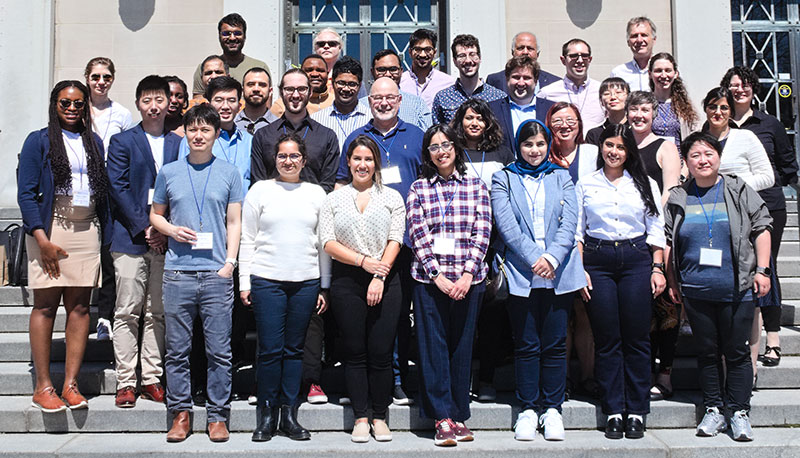
Sponsors of the 2023 Future Leaders Summit
Microsoft
Rocket Companies